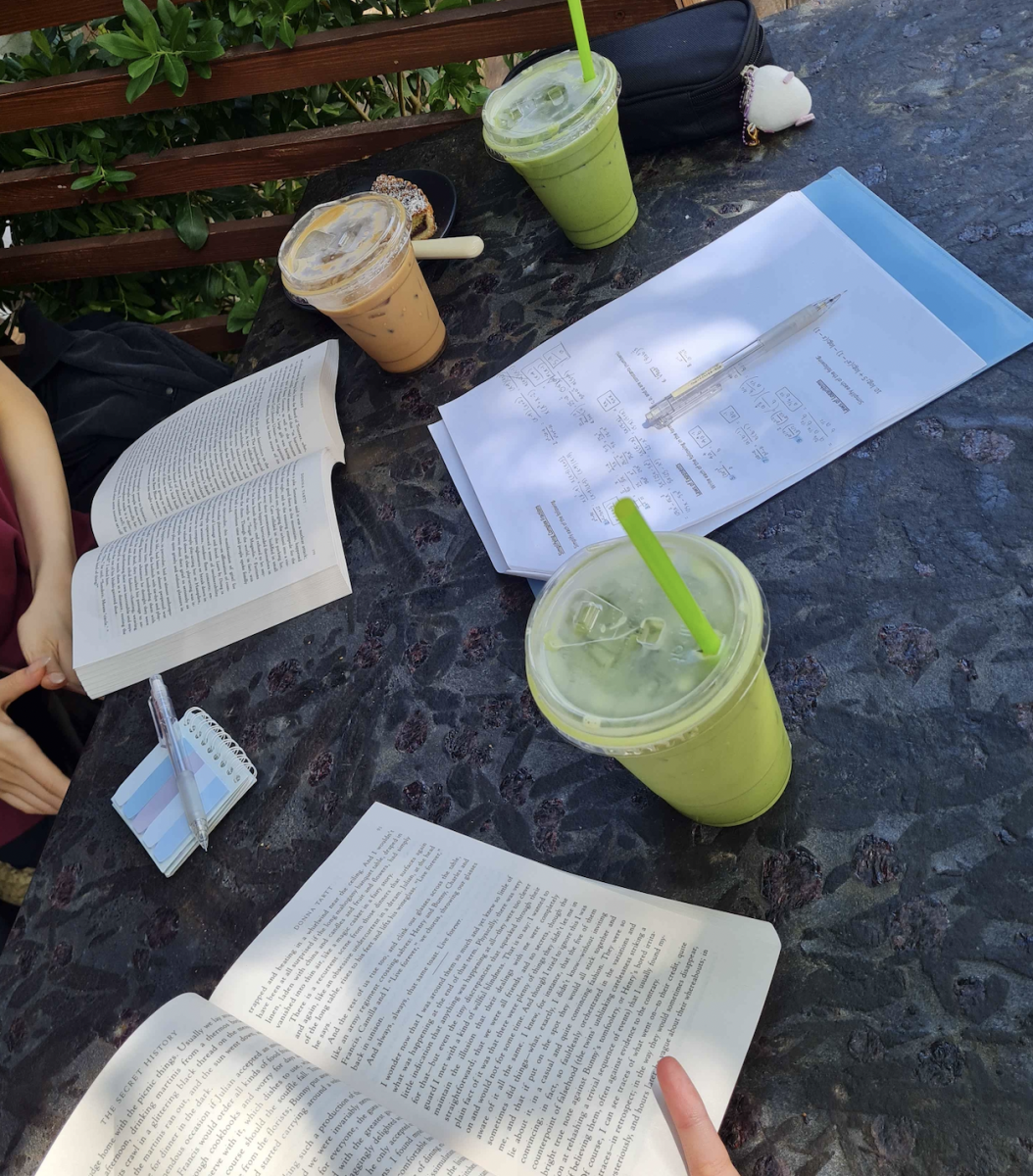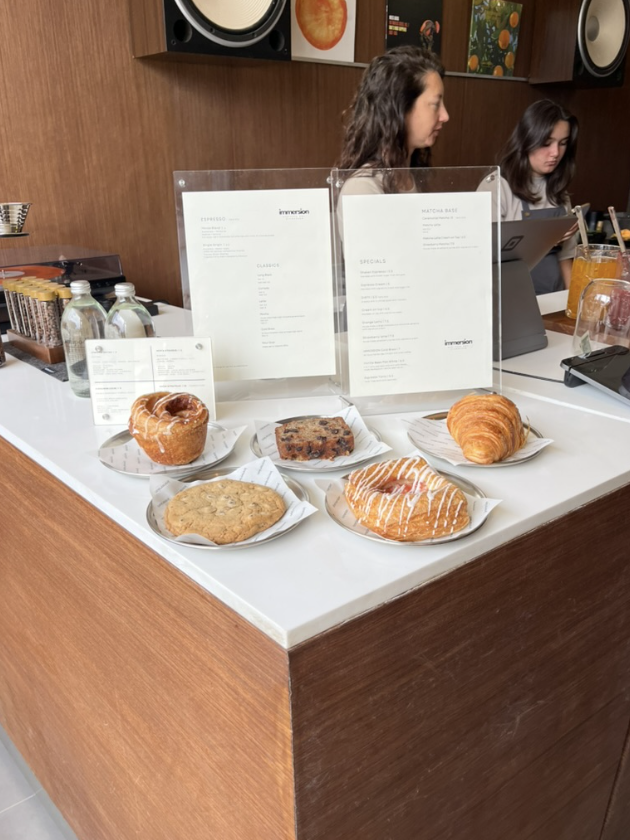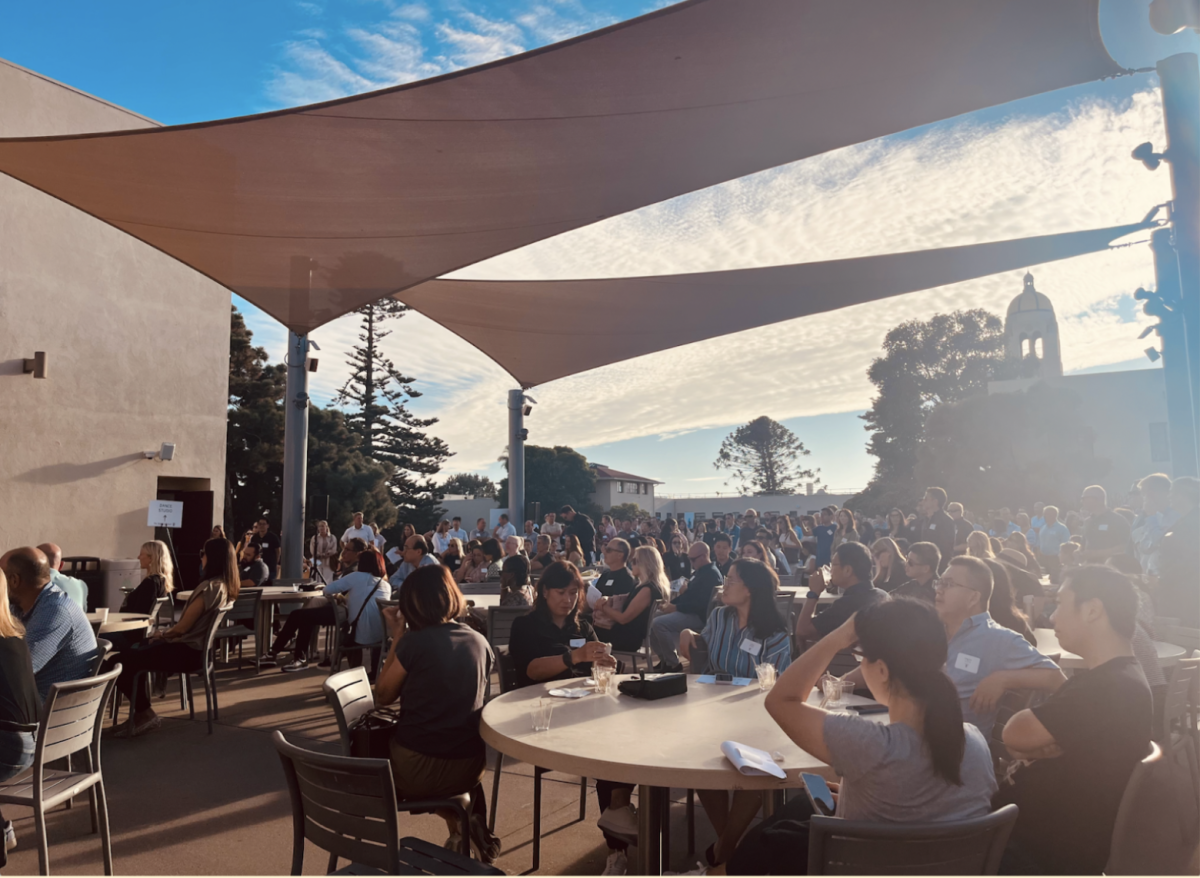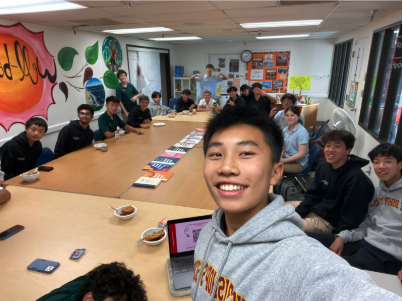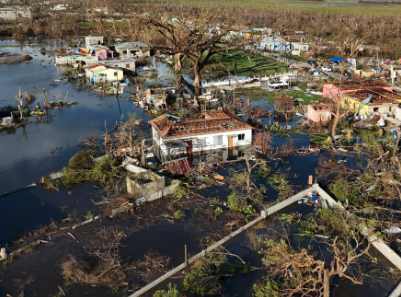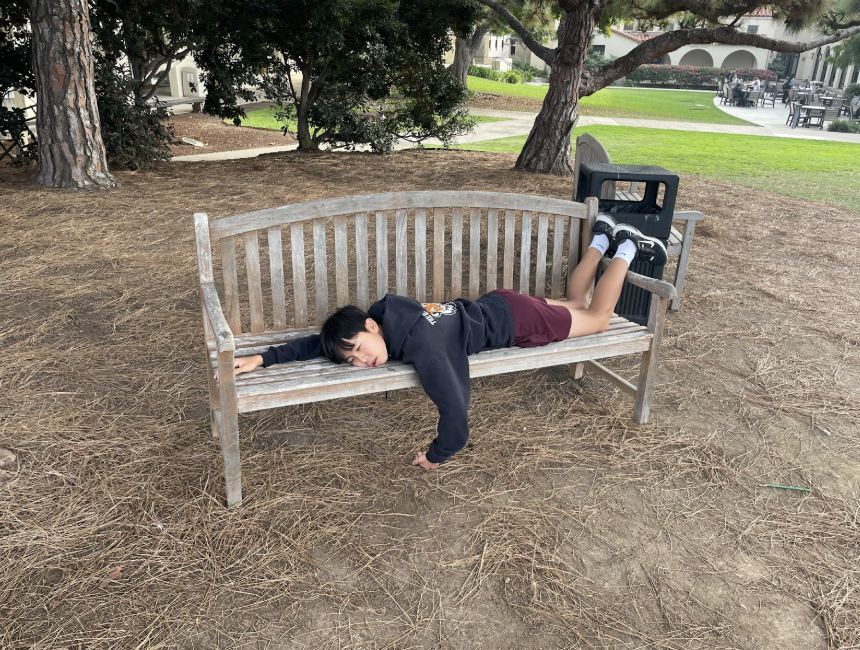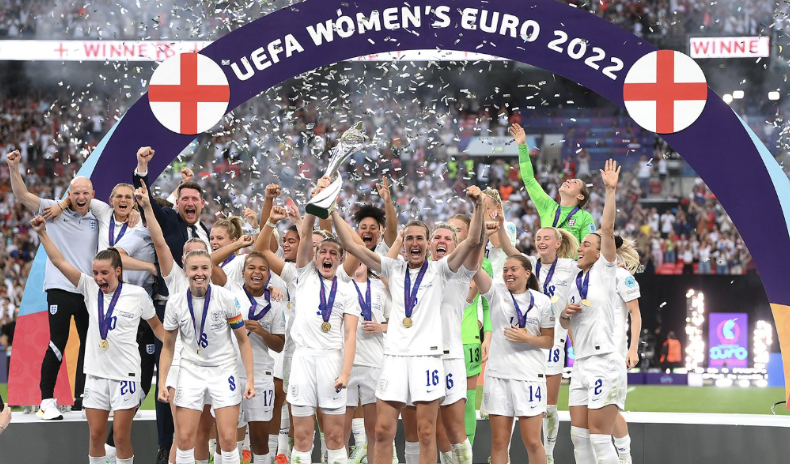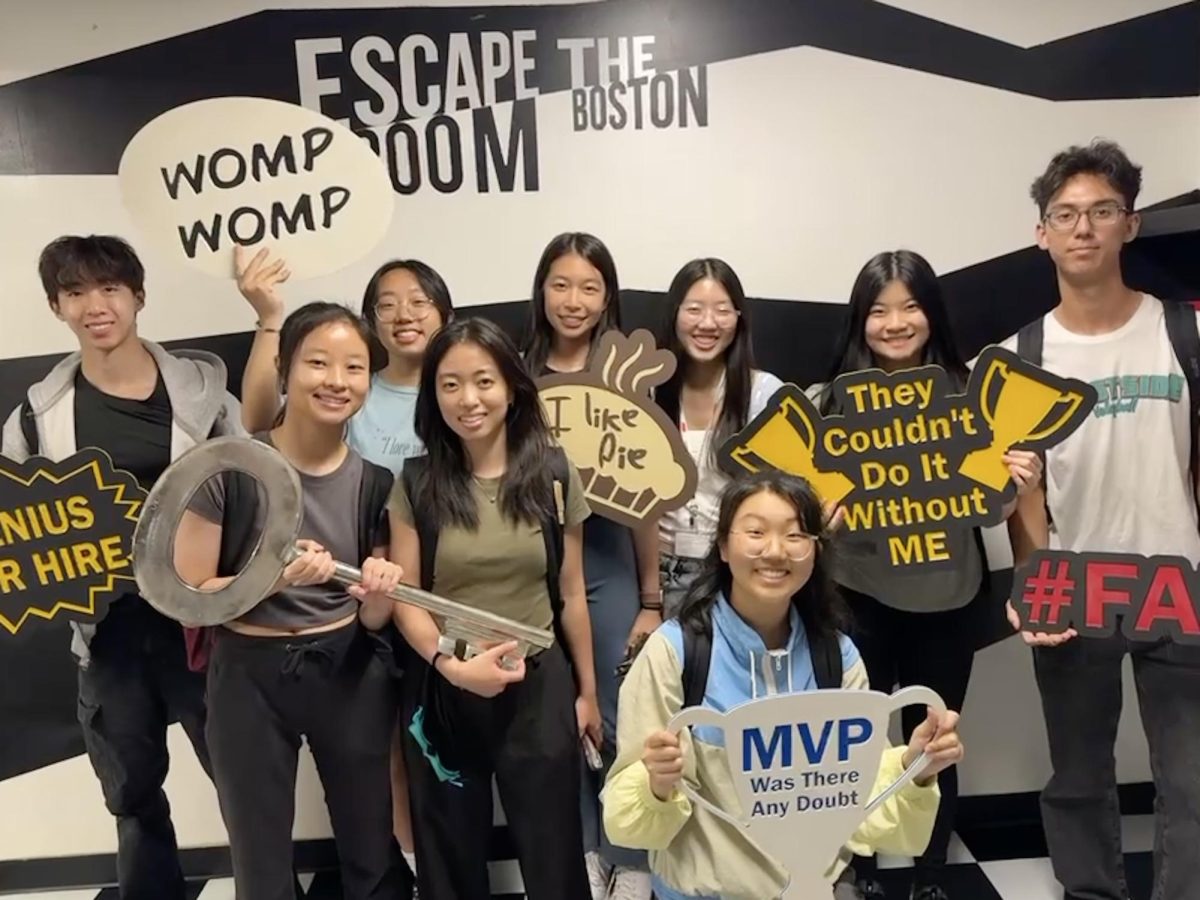Taylor Swift, Kanye West, Bad Bunny, Billy Ray Cyrus, Charli XCX, Da Baby.
These are just a few of the popular singers who publicly supported a candidate for the 2024 election. And in addition to the hundreds of artists who have spoken out, there is just as much commotion about the singers who have refused to endorse someone — the likes of Chappell Roan, for example.
More and more people expect their favorite artists to not only entertain them, but also to speak out about political issues. Why is this?
Much of it stems from the fact that art is often seen as inherently political. Artists will write lyrics and explore themes in their songs that seem to signify their beliefs. Singer Chappell Roan, who refused to endorse a candidate for the upcoming election, explained “I have so many issues with our government in every way,” in an article with the Guardian. “There are so many things that I would want to change. So I don’t feel pressured to endorse someone. There’s problems on both sides.”
Roan’s lyrics celebrate her experience as part of the LGBTQ+ community, a group Kamala Harris has offered direct support for. On an Instagram post from earlier this year, Harris said “Everyone should have the freedom to love who they love openly and with pride.” As a result of Harris’s position, she seems the obvious candidate for Chappell Roan to support, so many fans found her refusal to endorse Harris hypocritical and unnecessary. One Tiktok user commented that “Chappell roan is loud and proudly on the left side of things,” and that she “def missed” with her lack of an endorsement. In response to online criticism, Roan posted two Tiktoks defending her statement.
Americans lacking trust in government amplifies the desire for artists to speak out. According to a Pew Research Center survey from April 2024, public trust in the U.S. government is at about 22%. Ten years ago it was 19%, twenty years ago it was 46%, and sixty years ago it was 77%, signaling an overall downward trend. When people don’t trust the government, they look elsewhere for political opinions and endorsements. Often those places are singers’ social media pages.
Social media also simply makes it much easier, both for fans to expect endorsements, and for singers to make them. Rapper Lil Pump’s Instagram page is full of posts of him with Trump flags and Make America Great Again hats. In a recent post teasing his new song “American Hero,” he said in the caption: “COMMENT “MAGA# IF YOUR READY.” Singer Olivia Rodrigo officially endorsed Kamala Harris on Instagram three days before the election, captioning her post: “a vote for Donald Trump is a vote for a national abortion ban and a vote for Kamala Harris is a vote for reproductive freedom. please use your voice and VOTE!”
Before singer Taylor Swift endorsed Harris, the Internet was full of angry commenters and posters who demanded she made a statement. “[Taylor Swift] felt it was important to speak out [in 2020]…So what’s stopping her now?” a Tiktok user asked, referencing Swift’s support of Joe Biden in the 2020 election.
“Social media and the Internet give a microphone to anyone interested in using it,” as Counselor Ms. Lauren Gray explained. “Modern media, the rise of social media, and the popularity of influencers sharing their daily lives has made it seem more acceptable and normalized for followers and fans to feel like they have a right to know the beliefs of the people they follow,” Emma Baluja (‘27), who has noticed a trend of celebrities making political statements, explained. Tyler Chang (‘26), has noticed a similar trend and added, “Celebrities have a lot of influence, and so people expect them to make use of it.”
In May 2024, for example, an online “Blockout 2024” was created, encouraging people to block celebrities who had not spoken out about the conflict in Gaza. The extensive list included names like Zendaya, Justin Bieber, and Kim Kardashian.
There are many reasons why this expectation for singers to make political statements exists, but some of it comes from a rather simple core fact: we hear from famous people. A lot. “Historically, there was only so much space in a newspaper or a magazine,” Ms. Gray explained. “We’re just exposed to celebrities’ thoughts on all sorts of things that, in the past, they just wouldn’t have been given that opportunity.”
Also, as Emma explained, “today’s society is incredibly politically charged.”
This politically fraught environment, combined with the fact that we see celebrities everywhere, can create an expectation. “In general, people believe that politics are a big part of a person’s identity,” Emma said. “When it comes to celebrities in particular, people want to know who they are supporting and whether the beliefs of their favorite celebrity align with their own beliefs.” She added, “I know people who won’t listen to artists because their political views do not align.”
Ultimately, despite all the uproar about singers’ endorsements (or lack thereof), celebrities often make the biggest impact by just telling people to vote. In 2019, singer Ariana Grande had voter registration booths at concerts during her tour. According to a study done by the Ash Center for Democratic Governance and Innovation at Harvard, Grande “signed up more than 33,000 voters and broke the all-time record for the most tour registrations of her partner organization.” Another example is internet personality Kylie Jenner, who pushed people to register to vote on a 2020 Instagram post. According to the same Ash Center study, “the site to which she linked reported a 1,500% increase in traffic compared to the day before — and an 80% increase in total users registering to vote.”
Encouraging one to do their civic duties (actions people are expected to take for the good of society), is not without biases. Most artists do still have a candidate in mind that they are voting for, even if they don’t mention it explicitly. But advocating for people to be involved and make decisions for themselves, helps encourage people to think critically — not just spew online rhetoric about what celebrities should speak up, or dissecting their exact words when they do. Thinking critically, and for yourself, is often the most important thing to keep in mind when taking in online information.
As Ms. Gray put it, “It’s all about making sure that you are not passively consuming media, that you’re actively consuming it [and] you’re being thoughtful about who you follow and why.”






